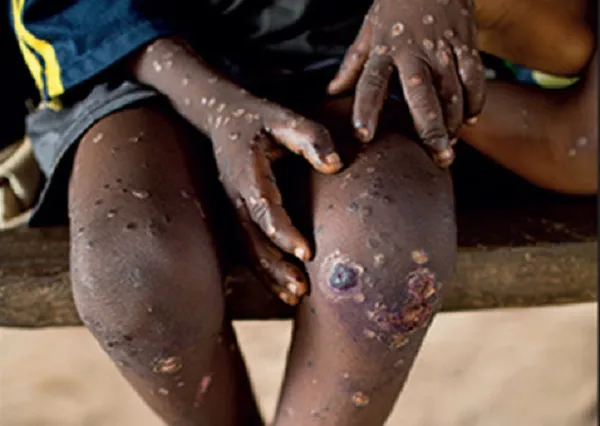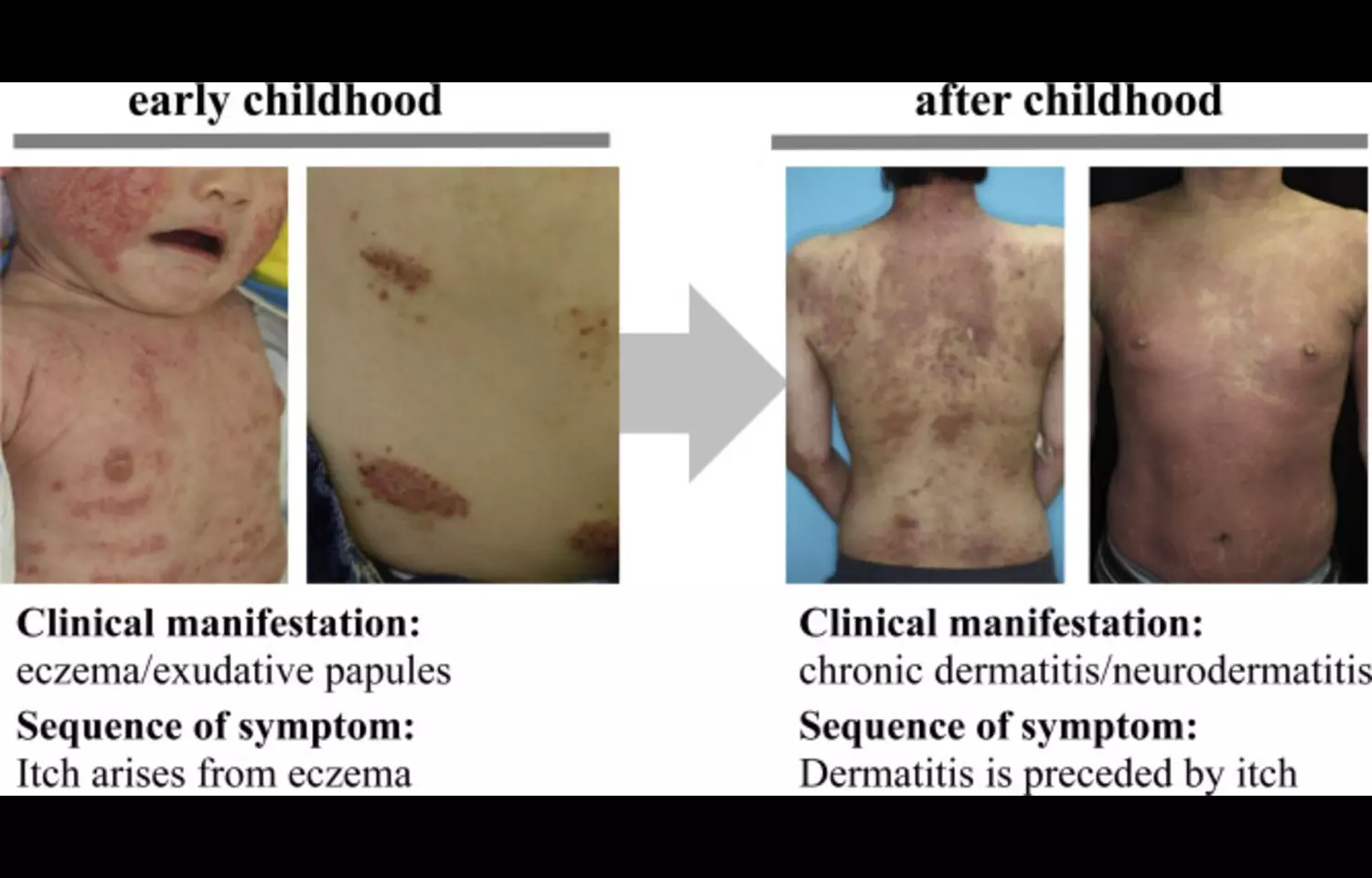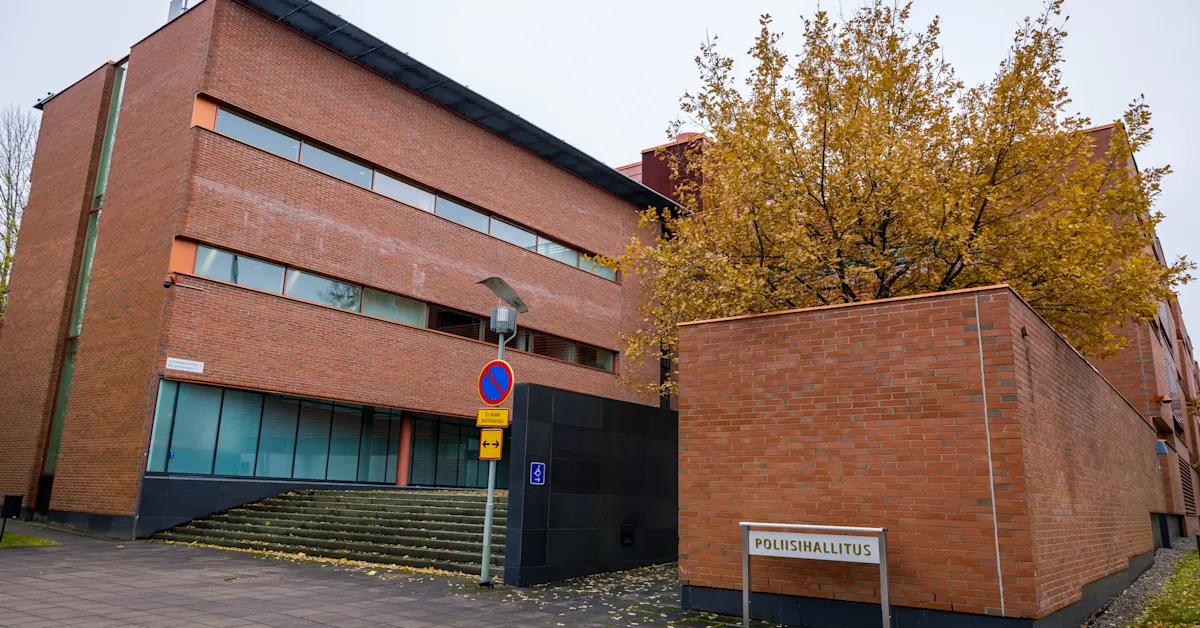By Dordoe Harrison,GBC
Copyright gbcghanaonline

By Dordoe Harrison
Imagine waking up to news of another outbreak. This time not COVID-19, but monkeypox spreading across communities.
The reality is that diseases once thought rare are now resurfacing, and Ghana, like many countries, faces a silent but growing health security challenge. Monkeypox, a viral disease related to smallpox, spreads through contact with infected animals, people, or contaminated surfaces. In the past, cases were few and far between, but in recent years outbreaks have increased, signaling that the fight against zoonotic diseases cannot be ignored.
Ghana is particularly vulnerable due to close human–animal interactions, bushmeat consumption, and limited surveillance systems. An outbreak here would not only affect public health but could also disrupt travel, trade, and livelihoods.
Monkeypox is just one warning sign. Other zoonotic diseases such as Ebola, Lassa fever, rabies, and avian flu are equally dangerous. Environmental changes like deforestation, urban expansion, and climate shifts are increasing the chances of new spillover events.
Our health system often focuses on common diseases such as malaria or hypertension. While important, this leaves gaps in detecting emerging threats. Without stronger laboratories, early-warning systems, and trained health workers, zoonotic diseases may spread undetected until it is too late.
Public perception adds another challenge. In many communities, illnesses are only taken seriously when symptoms appear.
Practices like bushmeat consumption or reliance on traditional remedies can unknowingly accelerate the spread of infections such as monkeypox.
The consequences of outbreaks are far-reaching. They strain hospitals, disrupt schools, reduce productivity, and create fear and stigma.
In the long run, outbreaks divert resources from other urgent needs, slowing national development.
Monkeypox has already crossed borders into Europe and North America. In fact, during the 2022 outbreak, Dr. Tedros Adhanom Ghebreyesus, Director-General of the World Health Organization, declared it a Public Health Emergency of International Concern (PHEIC).
This shows that zoonotic diseases are no longer African problems but global threats.
Pathogens do not need passports, and what starts in one country can quickly spread worldwide.
The solution lies in a One Health approach — strengthening collaboration between human and animal health systems.
Ghana must invest in better diagnostics, rapid response teams, vaccination strategies, and above all, community education.
Early reporting and prevention are key.
Monkeypox is not just a disease; it is a warning that zoonotic threats are on the rise.
Ghana cannot afford to wait for the next outbreak before acting.
Every individual has a role to play by practicing good hygiene, avoiding risky contact with wild animals, and seeking medical care early.
Together, with awareness and preparedness, we can turn this looming health security challenge into a story of resilience and protection.
About the author:
The writer is a student of Biochemistry and Molecular Biology at the University of Health and Allied Sciences. He can be contacted via email at harrisondordoe65@gmail.com



